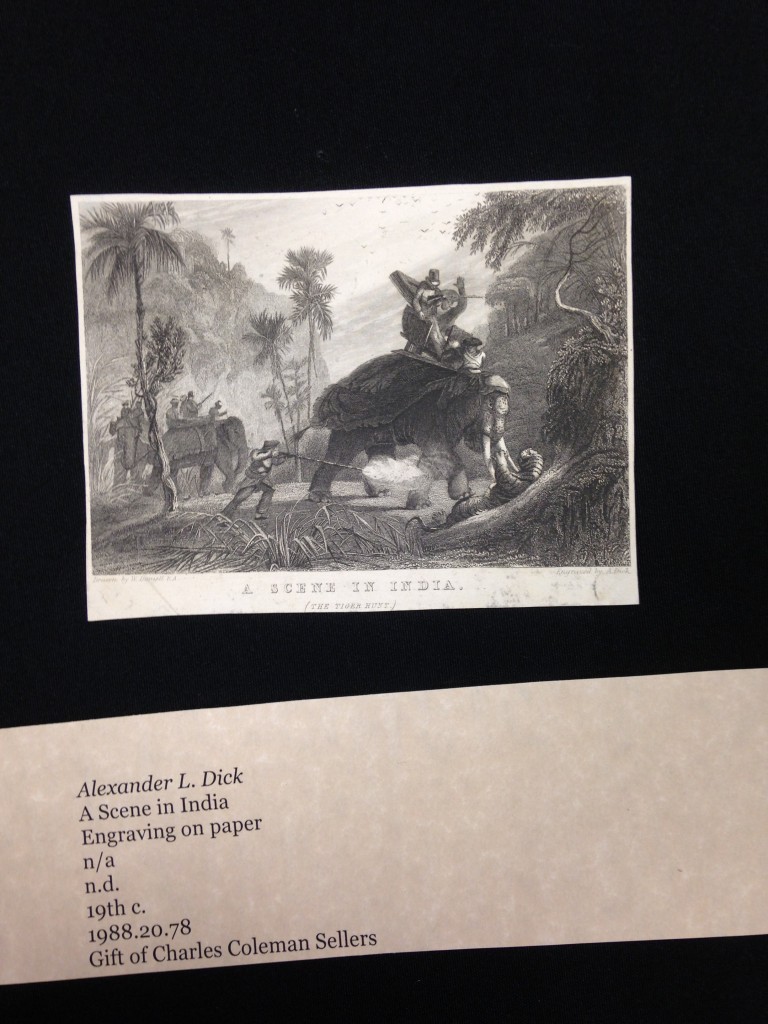Alice’s Adventures in Wonderland by Lewis Carroll is a story about a girl who dreams about a fantastic world full of nonsense and adventures. However, a deeper analysis of this timeless children’s book may reveal several implicit references to colonialism. Alice was in fact first published in 1865 and the 19th century was characterized by the colonial expansion of the British Empire especially towards unexplored and exotic places such as Africa and Asia.
Since the beginning of the novel, Alice is depicted as an invasive intruder who seems not to accept and adapt to this new and foreign world, but who, on the contrary, tries to change and dominate it. The passage when Alice kicks the lizard out of the chimney exemplifies her imperious attitude, and it can be seen as an obvious metaphor of the British conquerors trying to acquire a foreign land by either remove or subjugate its native people. However, the passage that most exemplifies this colonial attitude is the tea party. The fact that Alice, despite not being invited, decides anyway to join the unusual party is a clear reference to the domineering attitude of British people who decided to conquer foreign lands in Africa and India with no regard to the interests of the people who inhabited them. The unwillingness of local people to have foreigners and colonizers on their territory is therefore expressed through the words of the March Hare’s that states “it wasn’t very civil of you to sit down without being invited” (53), also conveying Carroll’s opinion who seems to find imperialism uncivil.
This cruel attitude of British colonizers towards local people is also explicitly evoked in Alexander L. Dick’s painting A scene in India. The tiger, a wild and exotic animal, that the conquerors are trying to kill symbolizes here the native people that should be civilized, subdued and deprived of their land. As in Alice, there is no attempt here to understand or adapt to the new world, but just a strong thirst of conquest. Alice is therefore similarly seen as a colonizer rather than a visitor in Wonderland, as during her journey she acts like she owns the place and seems not to care about the people who live in it : “Who cares for you?… You’re nothing but a pack of cards!” (102).

I totally agree with your view of Alice as a colonizer and a British foreign presence that imposes its western customs on non-western countries. Viewing Alice through this lens makes me wonder about where domination stems from. Throughout the novel Alice’s actions come off childish and rude. Could Collins be using Alice’s youth and naiveté to comment on when and how people develop power crazed desires? Also, I love your connection to Dick’s painting. I think this painting effectively highlights the correlation between what is deemed civil and savage. Defining what is savage and civilized is highly subjective, however, especially in Alice and Wonderland. At some points Alice appears to be the savage one.